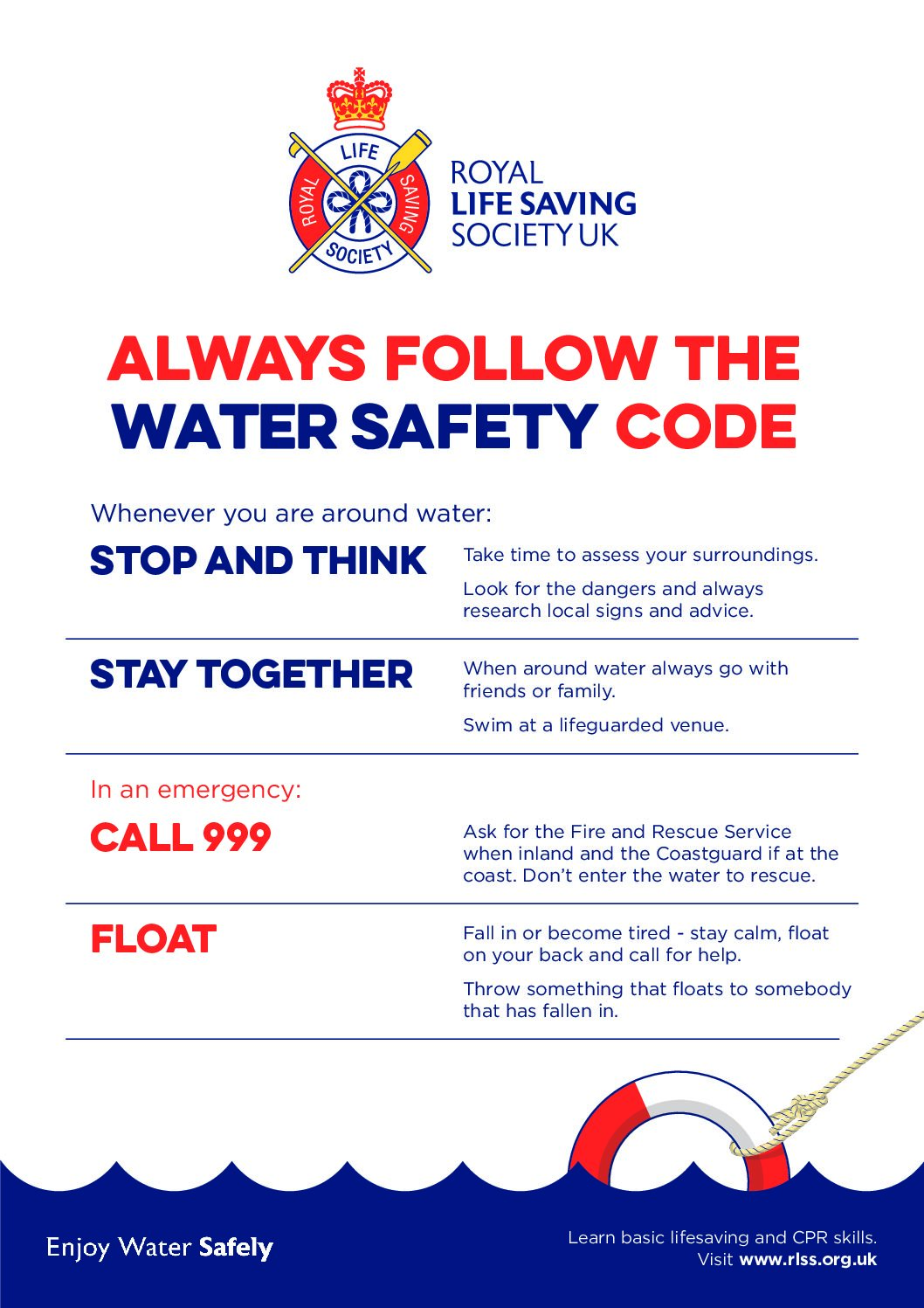Sarah Alakija of Charters Education Support helps students in the UK and abroad to make strong applications to British universities and has some excellent tips to help ahead of January’s applications deadline
The personal statement
The UCAS application can be a source of great stress for students and sometimes a bit of a mystery for parents. The main reason for the stress is usually the personal statement, a brief document aiming to convince admissions tutors that they should give a place to your child. It has to show that the student is interested in the chosen subject and has the academic potential to cope with studying it for three or four years and it can feel quite a challenge to get it right, even more so with applications for popular subjects or to competitive universities.
Getting started
Before students put pen to paper, they need to research their subject in order to be certain that it really is something that they want to study for three or four years. It’s important that students appreciate the importance of this stage and of starting it early, so that if they change their mind, it’s not too late to do another round of research. A vital part of the long-term strategy which all students should undertake is to read widely and to research areas in which they have some interest.
Once your teenager is settled into Year 12, try to get them reading books which are off the A Level/IB curriculum. You can look at the recommended reading lists that some university departments publish but they are often long and it can be tough to know where to start. And remember, everyone else will be reading those too. It can be helpful to get bespoke suggestions from a teacher or external tutor. And it doesn’t all need to be books; there are plenty of online lectures, podcasts, research journals, online courses and even virtual internships which support subject research and which can be mentioned in the personal statement.
Writing the statement
The personal statement should not be a simple list of achievements, books and work experience placements; the best ones will map out the journey which the student has undertaken in order to arrive at the decision to study the chosen subject. Did they read about it? Go to lectures on it? Visit museums, galleries, buildings related to it? Have they genuinely made attempts to engage with it and understand it? With evidence of that journey, students are halfway to convincing admissions officers that they deserve an offer. Once a student has made a genuinely informed decision to study a subject, the entire application process becomes less challenging as they can report on evidence to back up their interest.
The personal statement should not be a simple list of achievements

Tips
Once students are ready to start writing, there isn’t a magic formula for the perfect statement but there are definitely a few things which can help to make it a positive part of the application. Here are some points to pass on to them:
1. Think hard about why you want to study the subject. This is a good place to start the statement. It can be a tough question to answer though, so where it just throws up shrugged shoulders and cries of “I just love it”, try thinking of where the initial interest came from as well as considering the value of studying the subject and its wider place in the world.
2. From the super-curricular activities you have undertaken, carefully select a few topics which really interest you and which you’d be happy to discuss in the statement. You may be passionate about sustainability in engineering; behavioural economics; US-China trade wars; exoplanets; AI in healthcare; epigenetics. What gets you excited and interested? What have you researched? These should form a significant part of the statement so that the universities can see where your interests lay and can see evidence that you have looked into these areas far beyond anything in the school curriculum. This clearly shows your academic motivation.
3. Think about your structure. I suggest three or four paragraphs. One introduces your interest in the subject and reasons behind wanting to study. The next two form the bulk and should look at the specific subject areas which you are interested in. The final section can be quite short and would look at any skills which you have gained from extra-curricular activities. These should be transferable skills, meaning that they will be useful at university and beyond.
4. Structure within your paragraphs. Never forget the purpose of the statement is to show your academic motivation, your desire to study this subject in depth so keep using words which reflect that excitement. Don’t forget also not to just paraphrase things you’ve read; give your opinion too. Do you agree or disagree with the status quo? How might you do things differently?
5. There are a few overused words and phrases which you should try to avoid, such as: “From a young age”, “I have always”, “I am a team player” or “passion”. Be original and interesting.
6. If you are applying for an academic rather than a vocational subject, keep that in mind. Work experience may be useful in teaching you some transferable skills, but it won’t necessarily help you to better understand academic theories. Keep everything focused on the academic side. Look at this example put forward by Jesus College, Oxford of how to lean into the academic side of things:
“I am endlessly fascinated by how legal disputes arise, are taken through court and ultimately settled. I could read court cases happily on Christmas Day.”
This is flat and dull and has no academic focus. The following gets specific and so it is much better:
“I am fascinated by how legal professionals trade in language. The 2016 UKSC case of Hotak v LB Southwark turned on the interpretation of “vulnerable” which Parliament had left deliberately vague.”
Once students manage to get started, it’s important to have someone look over their drafts. Teachers will be offering to do this in the summer term of Year 12 and again at the start of Year 13, before submission. Allow plenty of time for the statement to be completed and, good luck, to parents and students!










